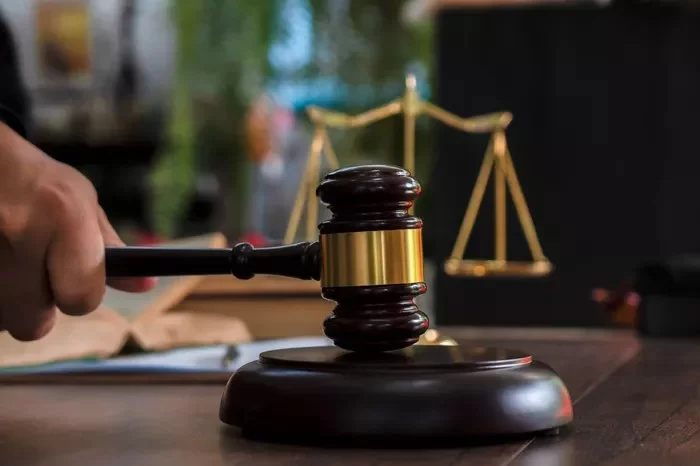
- What Is a Conservatorship?
- Types of Conservatorships
- How Does a Conservatorship Work?
- When Is a Conservatorship Necessary?
- A Real-Life Example: Conservatorship in Action
- Legal Advice on Conservatorships
What Is a Conservatorship?
A conservatorship is a legal arrangement in which a court appoints a person (the conservator) to manage the affairs and assets of someone who is unable to do so themselves due to physical or mental limitations. This can apply to individuals who are elderly, ill, or have a disability that impairs their ability to make decisions regarding their finances or personal well-being.
Conservatorships are often confused with guardianships, but they are distinct. While a guardian is responsible for the personal well-being and care of an individual, a conservator primarily handles financial matters. Depending on the state or jurisdiction, there are different types of conservatorships, and the specifics of the process can vary.
Types of Conservatorships
There are generally two types of conservatorships:
1. Conservatorship of the Estate
In this type, the conservator is responsible for managing the financial assets and property of the individual. This includes handling investments, paying bills, and managing any legal or financial matters that the individual can no longer manage themselves.
2. Conservatorship of the Person
This type focuses on the personal well-being of the individual. The conservator may be responsible for decisions such as healthcare, housing, and day-to-day living arrangements. In some cases, a person may have both a conservator for their estate and for their personal care.
How Does a Conservatorship Work?
The process of establishing a conservatorship involves filing a petition with the court. The court will evaluate the individual’s ability to handle their own affairs and determine whether a conservatorship is necessary. The court will also choose the most appropriate person to serve as the conservator. In some cases, a family member may be chosen, but the court may appoint a professional fiduciary if no suitable family member is available.
Once a conservator is appointed, they are responsible for making decisions in the best interest of the person they are managing. The conservator must also provide regular reports to the court on their management of the individual’s affairs, ensuring transparency and accountability throughout the process.
When Is a Conservatorship Necessary?
Conservatorships are typically necessary when an individual is no longer able to make informed decisions about their health, finances, or personal matters. This can happen due to various reasons, such as:
- Age-related decline, such as dementia or Alzheimer’s disease
- Physical disabilities that impair mobility or mental capacity
- Serious illnesses or accidents that limit cognitive function
- Intellectual or developmental disabilities
In these situations, a conservatorship helps ensure that the individual’s needs are met, and that their finances and well-being are properly managed. Without it, vulnerable individuals may be at risk of exploitation, mismanagement of their assets, or neglect of their personal care.
A Real-Life Example: Conservatorship in Action
One notable example of a conservatorship case is the highly publicized legal proceedings surrounding pop star Britney Spears. In 2008, Britney’s mental health struggles led to a court-appointed conservatorship over her financial and personal affairs, which remained in place for over a decade. The case sparked widespread debate about conservatorships and the potential for abuse, leading to the #FreeBritney movement that called for her release from the conservatorship. Ultimately, in 2021, the court terminated the conservatorship, illustrating how the process can be a long and emotional journey for both the person involved and their family members.
This case underscores the importance of carefully considering the necessity and management of conservatorships, as well as the impact it can have on an individual’s life.
Legal Advice on Conservatorships
If you or a loved one is considering a conservatorship, it is important to consult with a legal professional who can guide you through the process. Conservatorships can be complicated and often require ongoing legal oversight to ensure that the rights of the individual are protected.
At ESPLawyers, our experienced attorneys specialize in estate planning and conservatorship law. Whether you’re seeking to establish a conservatorship or need assistance with a contested case, we can provide the expert advice and support you need to navigate the legal process with confidence. Visit our website today to learn more about how we can assist you.








